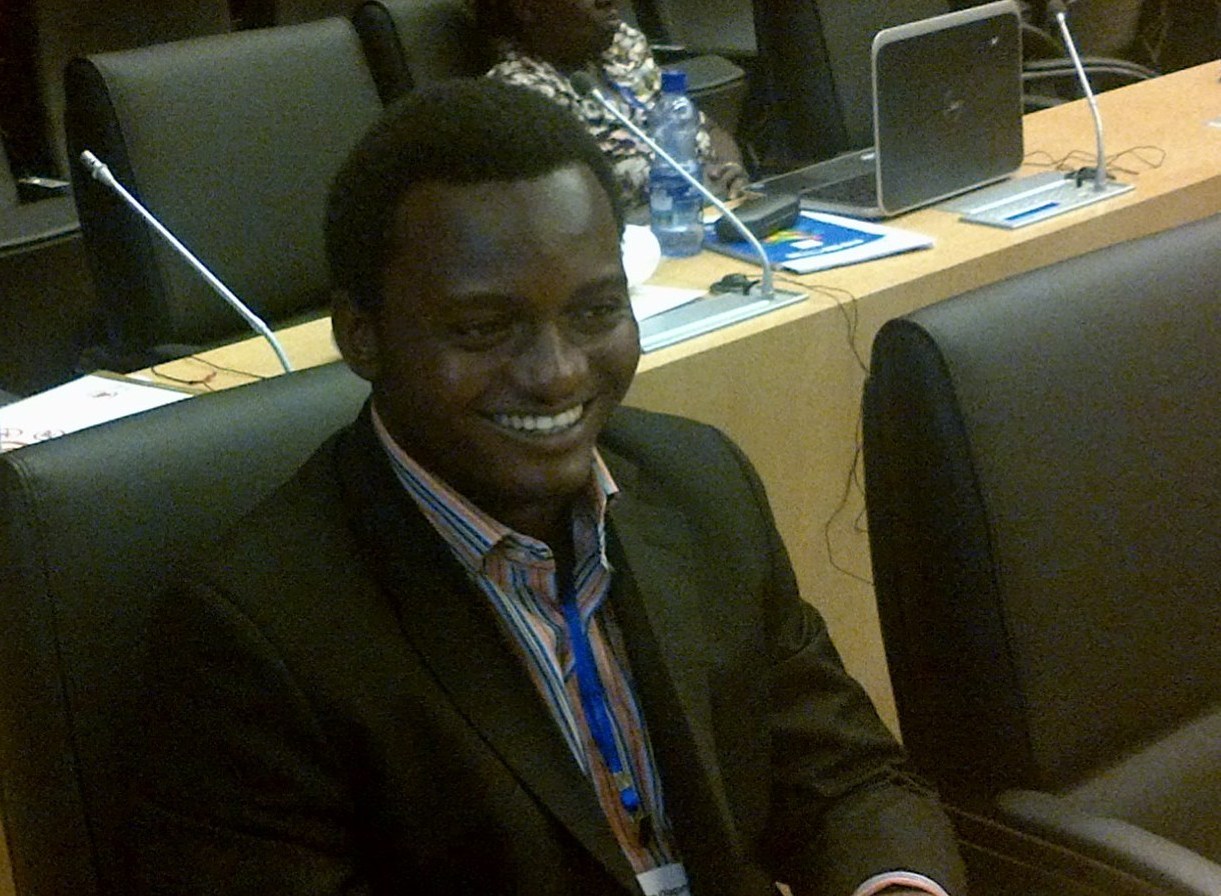Now I can imagine you soliloquizing in an angry tone, asking “what is the meaning of this”?
Well, I understand that in our church minds, we would rather settle for the cheap and superficial knowledge that greed in every sense is a negative emotion and that no negative emotion can produce good or positive result let alone in the business arena or market economy.
It will be foolhardy for anyone to deny the fact that very man has an iota of greed in him. In fact we all were born with a healthy size of greed. We only choose to use it differently. Probably this iota of greed was supposed to help us push ourselves hard to become successful and while succeeding at that which we do, we create streams of wealth and abundance for others, making it a win-win case. But in as much as it seems like a win-win, we mustn’t forget that self-interest is what pushes man to achieve anything for himself first. And then along the line, he probably creates opportunities for others.
This helps to bring to mind the words of ever-relevant economist, Adams Smith, when he said “it is not from the benevolence of the butcher, the brewer, or the baker, that we expect our dinner, but from their regard to their own interest….” Think about the banker, the hotelier, your landlord or landlady, the farmer, the teacher, the pharmacist, the doctor, and any other person who is directly or indirectly into the business of offering one service or the other. Were they initially in business for the sake of the rest of us or first for themselves? The answer here is obvious! The farmer wanted to make money; therefore he saw reasons to quench our hunger, the hotelier knows that at several point people will need some comfy outside home, then he went into business, same goes for others.
When we pay for services, apart from rewarding the physical and mental effort that went into that business initiative, we seem to be interacting with the greed of the business owner. We make him relevant as long as our lives depend on the products or services he renders. Like Adam Smith rightly pointed out that when an individual in a particular industry does everything right to ensure that his produce are of the greatest value, he practically does that for his own gain and survival, but then, in many ways he possibly can’t explain, he starts to promote a course that wasn’t originally his intention. But the beauty is that by chasing after his own well being, he advances public good in the long run, which justifies the ethical and religious principle that says, “love your neighbour as you love yourself. “ This largely affirms that even religion sees greed for one self as a motivation through which love and peace can reign in any society. In a deeper perspective, this shows that the laws of free market system serve as a foundation for mutual relationship.
The stark reality is that it is safer to expect that society will run better on mutual benefit rather than love or compassion. How much bread can the baker possibly bake on the basis of love for his neighbour, how long can a medical doctor keep treating patients on the premises of love and compassion? How long on the basis of love and compassion can the one who rears cattle keep nurturing his cattle so we all can have beef to eat? The question here is how long?
Is protecting one’s self interest wrong? No. Is being greedy in this sense bad, I think not. Therefore there is no point looking down on individuals who are passionate about achieving personal goals. Because according to the miracle of the market system, self-interest has a way of producing behaviours that benefit others, and in some cases, these benefits are being extended to generations unborn. I’m not saying that love, friendship or charity shouldn’t exist or that they don’t add beauty to market activities in one way or the other, of course they do. But ideally they are not as imperative as the initial desire for individuals to achieve greatness and wealth for themselves. When we fail to acknowledge these realities we delude ourselves and in a way empower those who rub us of the beauty that liberty and the market system provides.
Lanre Olagunju is an hydrologist turned freelance journalist. An alumnus of the American College of Journalism, Lanre advocates on several international platforms for the prosperity and absolute well-being of the African continent. He is @Lanre_Olagunju on Twitter.

